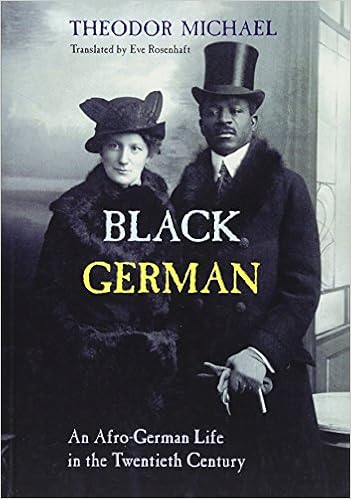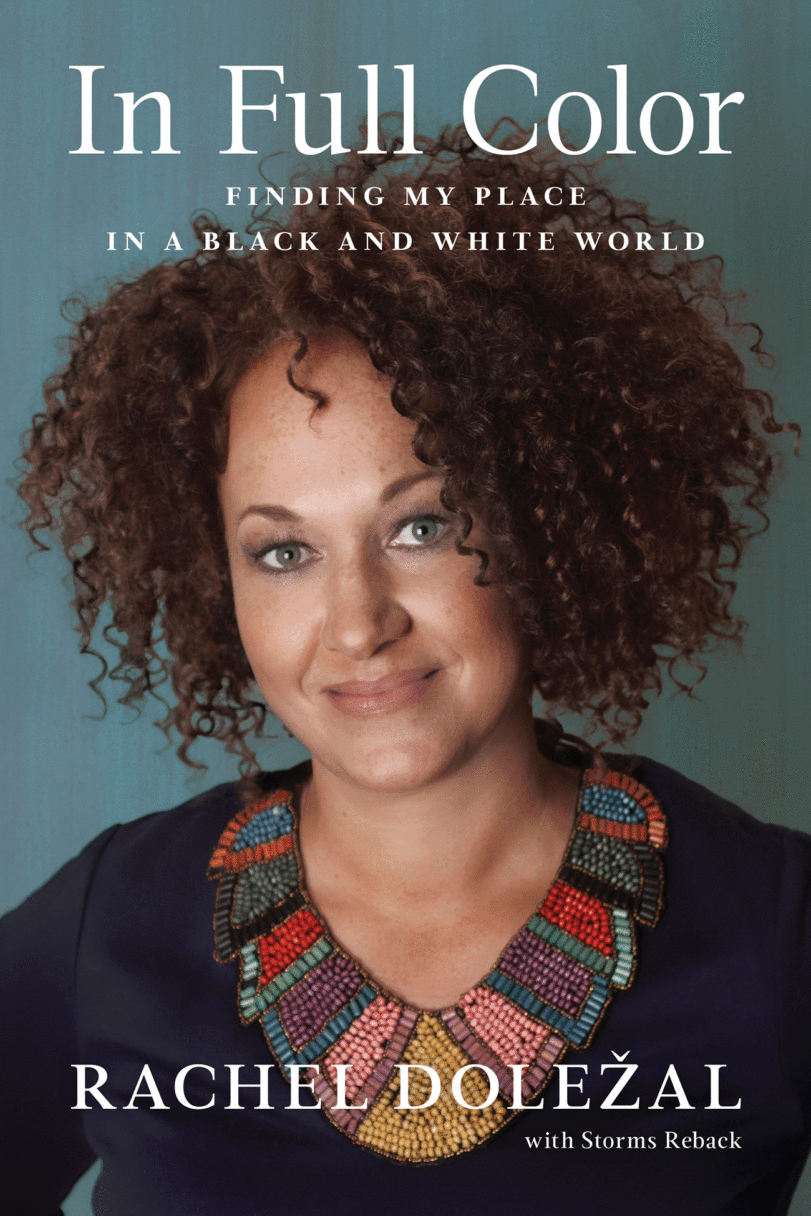Suburban Gothic, or Being a White Passing Person of Color in a Rich, White TownPosted in Articles, Asian Diaspora, Autobiography, Media Archive, Passing, United States on 2017-03-10 16:29Z by Steven |
Suburban Gothic, or Being a White Passing Person of Color in a Rich, White Town
Affinity Magazine
2017-02-16
Sooner or later, the phrase is uttered to you. It can be (it almost always is) a discussion in class. Something involving race relations in society or an overused metaphor for racism in the novel you’re reading. Someone says a very iffy comment – either borderline or blatantly racist and you get angry. Everyone else starts looking at each other, “What the hell is this white kid getting so worked up about?” (You will never see a white person as near passionate about casual racism as a person of color.) You look back at them and say “Well, I’m actually half… [South Asian in my case, but fill in the blank]. Then it comes.
“Wait? You’re not white?” Followed by eye rolls, side comments, and scoffs. Such is the negative side of a white passing experience…
…White passing people face a strange double whammy, best described in a quote from Nella Larsen’s 1929 novel, Passing.
“The trouble with Clare was, not only that she wanted to have her cake and eat it too, but that she wanted to nibble at the cakes of other folks at well.”…
Read the entire article here.




